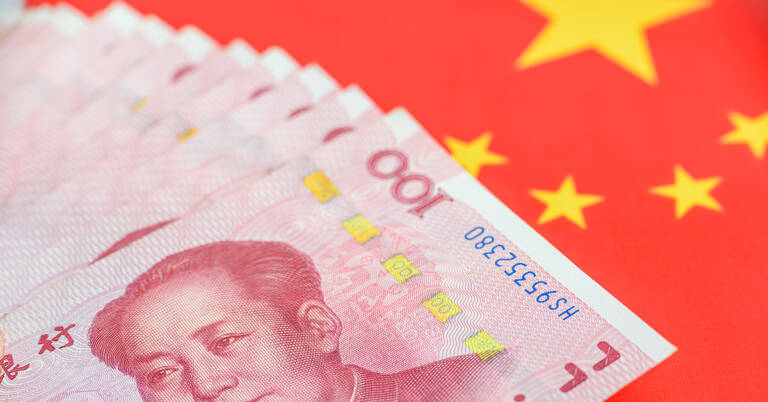China: flight from debt securities, which take refuge in Southeast Asia

Foreign investors sold off Chinese debt for the sixth straight month in June, even as emerging Asia saw strong inflows of funds, according to the Institute of International Finance (IIF) and reported by the SCMP .
A total of $1.59 billion was removed from China's debt last month, up from $4.19 billion in May, preliminary IIF data showed on Thursday. Chinese stocks saw $1.93 billion worth of inflows from foreign funds in June, the IIF said, up from a $126 million inflow in May. So the problem is not with companies, but with debt.
The US-based association for the global financial services industry estimated that emerging Asia would attract $13.5 billion in funds from foreign investors in June, while Latin America raised $6.7 billion. dollars.
“ Positive momentum in equity markets in June greatly boosted the flow. This, combined with an outlook for lower inflation in the coming months for the US, should benefit emerging market flows overall ,” the IIF said in its report.
China has followed a different, almost opposite monetary policy to that of the FED. This had to raise its interest rates, which now fluctuate between 5% and 5.25%, with 10 consecutive increases. China has always viewed this policy with diffidence because it is too dangerous for its growth. This has led to a depreciation of the Yuan and to the valuation of Chinese securities that are no longer cheap, with a consequent flight of foreign investors.
Rory Green, head of China and Asia research at London-based research firm TS Lombard, expects the yuan's exchange rate to rise to around 7.35 to the US dollar in the third quarter, with outflow pressure on the yuan expected to increase in the next months. 
“The People's Bank of China seeks neither to prevent nor to augment yuan weakness; indeed, it is a welcome by-product of subdued economic activity. Intervention will focus on slowing rather than reversing depreciation”.
Tu Yonghong, a professor at Renmin University of China's School of Finance, said Thursday in an article in the state-owned Economic Daily that China's central bank should pay "close attention to the spillover effects of US monetary policy."
He also said that the People's Bank of China should strengthen its communication with markets regarding yuan exchange rate expectations, while expanding the depth and breadth of offshore yuan markets.
Although global use of the yuan has increased since last year, Green said countries are less willing to hold the currency due to the unattractiveness of yuan-denominated assets.
“The internationalization of the yuan is still in its infancy, but it will have a growing impact [on the US dollar-yuan exchange rate]. For now, it's a factor to watch, not a key factor,” Green added.
If China really wants a worldwide diffusion of the yuan and not only for trade, but also for finance, it will have to be much more attentive and transparent in terms of monetary and economic policy. But it is not in itself necessary to ensure the well-being of the population. The real economy can be more than enough.

Thanks to our Telegram channel you can stay updated on the publication of new articles from Economic Scenarios.
The article China: flight from debt securities, which take refuge in South-East Asia comes from Scenari Economici .
This is a machine translation of a post published on Scenari Economici at the URL https://scenarieconomici.it/cina-bond-fuga-capitali/ on Thu, 13 Jul 2023 19:55:50 +0000.
